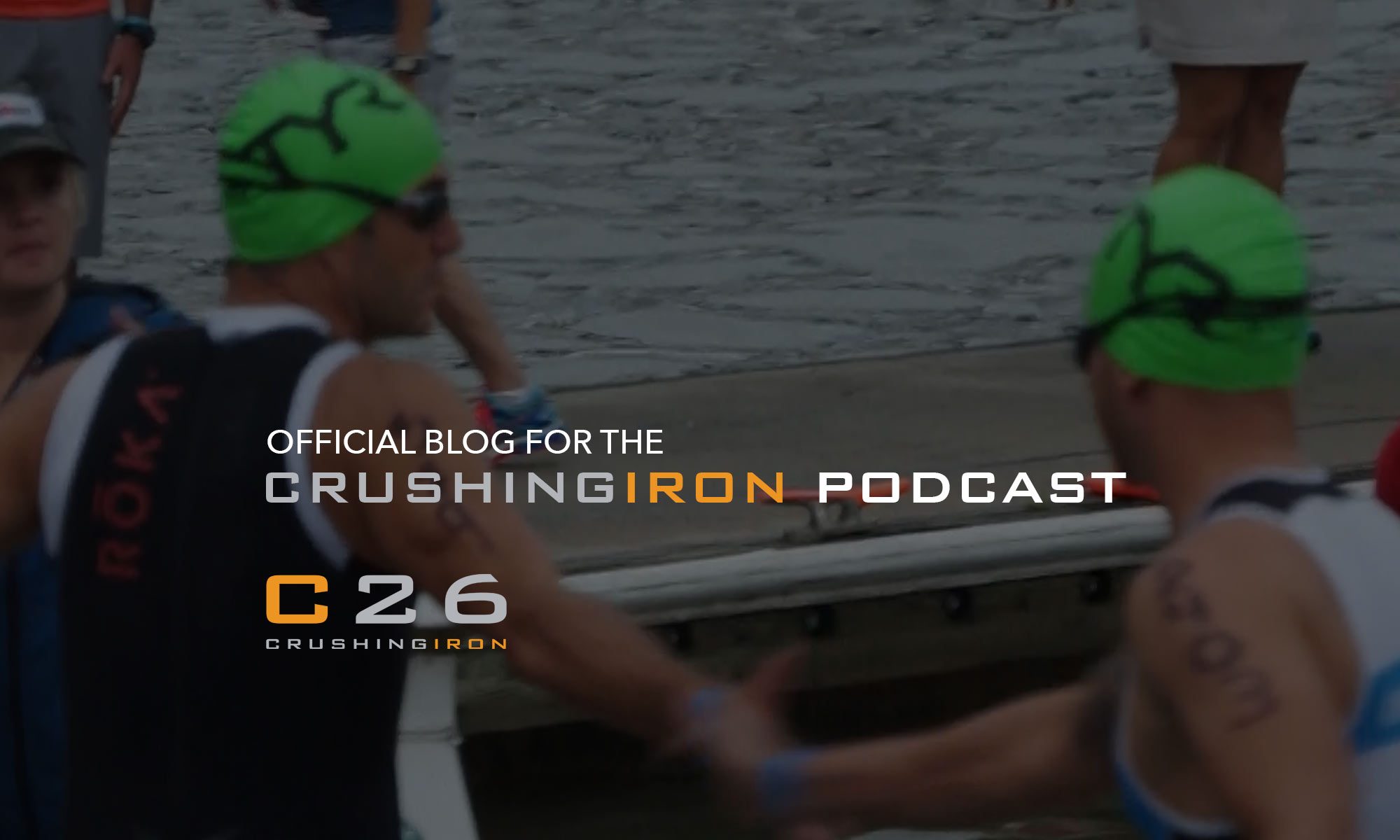A training buddy of mine suggested I try Tailwind for fuel on the bike. He said it was formulated by ultra runners with a big focus on curbing stomach issues. It has about 100 calories per scoop and a couple sips told me I kinda liked the taste. So, I decided to go get some.
I like to support local business so I went to a Brentwood shoe store (that will remain nameless) and found my hidden treasure. There, right inside the door, was an entire rack of Tailwind.
I settled into my catcher’s crouch and eyed the selections. As I pulled one off the shelf, a nice middle aged woman asked if she could be of assistance. I said sure, and asked her what she knew about the product.
That’s when it got weird.
“Oh, I haven’t used it but I hear it’s great! My 10-year-old swears by it!”
Now, I sorta like kids, but rarely trust their opinions on Ironman nutrition and took a discreet step backwards.
“Your 10-year-old, huh?”
“Oh yeah, he loves to run. He’s done up to 17 miles before.”
I was honestly trying to roll with the conversation, but this was not the type of endorsement I needed. I told her I was thinking about using it on the bike as my main source of fuel for the whole race.
“Well, I don’t know much about biking, but my best friend’s kid plays a lot of soccer and he loves it!”
Okay, so now I’m having second thoughts. Nothing against her’s or the best friend’s kid, but at that age I could fuel an entire 15 hour day of sports with a Snickers.
We stood at the counter and another woman joined us, so I patiently asked if they knew of any adults who used Tailwind?
Her helper friend jumped at the opportunity!
“Oh yes, Joe! He’s 70 years old and used it for his first 100-mile race!”
“Really??” I asked, with scant hope. “How’d he do??”
I am not kidding when I say she looked me right in the eye and said, “Well, I think he made it through 60 miles!”
There was an awkward pause before I feebly asked her to ring me up.
I honestly don’t understand people sometimes. I’m pretty easy to work with on things like this, but this conversation was just baffling. I suppose that’s what I get for moonlighting on my favorite running store.
Post script
I did buy Tailwind and I did use it on a couple rides. I think I kind of like it enough (and promise to give it another shot after Muncie) but for some reason I couldn’t get the kid thing out of my mind and by the end it felt like I was licking a sucker for 2 hours.
Since that ride it’s been sitting safely, just out of reach of the neighbor kids, on a high shelf in the cupboard. Maybe I’ll hand out scoops on Halloween.*

* I give endurance fuel companies permission to use this idea as a marketing tactic.





